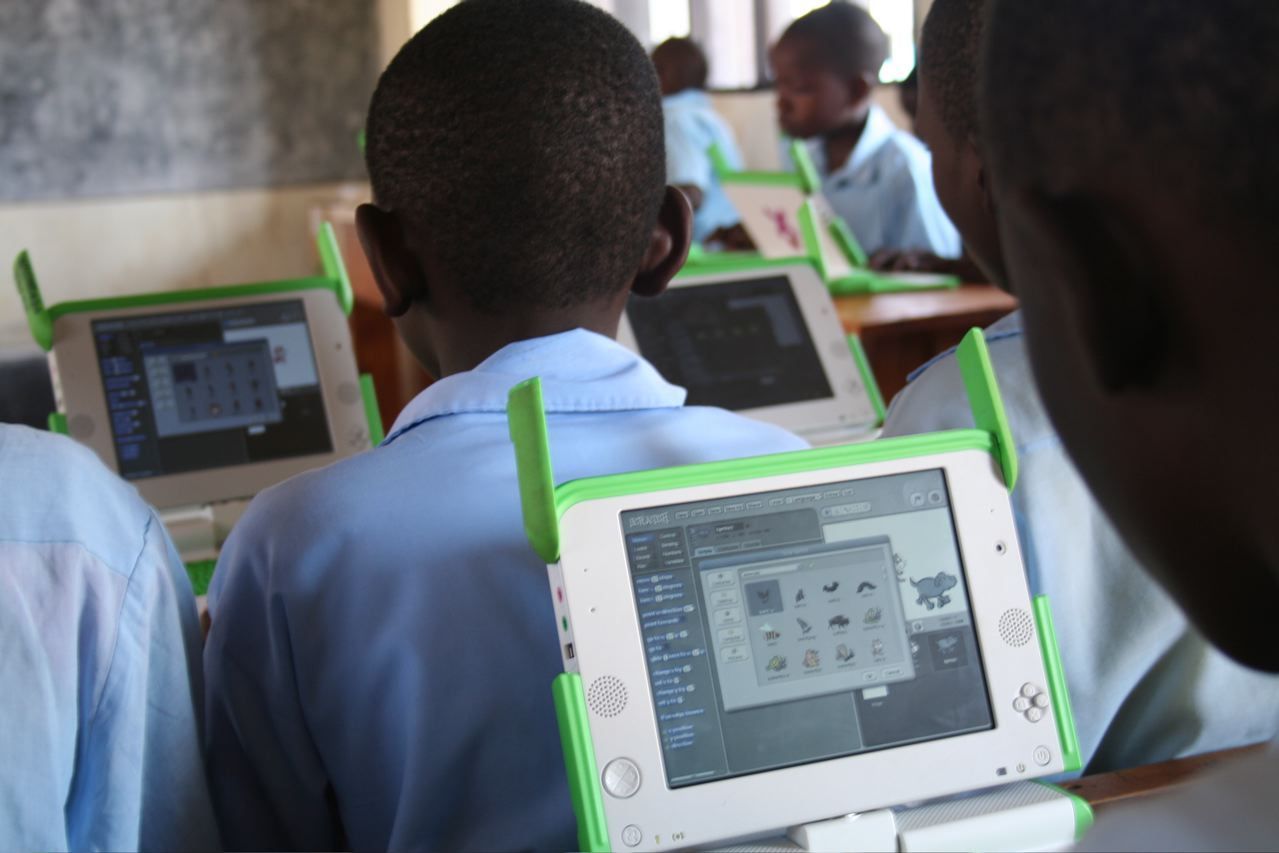
The Jubilee government has officially suspended the issuance of tablets to Class One pupils under the digital literacy programme after the Ministry of Education opted to build computer laboratories for ICT integration.

Appearing before the National Assembly’s Education Committee while presenting budgetary proposals, Principal Secretary (PS) Belio Kipsang’ disclosed that there was a policy change in the programme.
According to the PS, each of the 25,000 public primary schools will get one computer laboratory.

When MPs questioned the plan, Dr Kipsang stated that the construction of the labs was part of phase two of the project.
In 2013, when President Uhuru Kenyatta announced that all the 1.2 million Class One pupils would get laptops, educationists proposed instead that the government first considers building computer laboratories.
Various government reports had indicated that the project failed and that the teachers were not prepared.

During the rollout, in May 2016, the policy shifted from laptops to tablets due to cost implications.
Not all the pupils in primary schools had received the tablets and those that got some were no longer using them. Others have also been stolen.
The initial target was to equip all Standard One learners in all the 23,951 public primary schools with laptops by December 2016, but as of July 2018, only about 19,000 public primary schools countrywide had received the tablets.

The one laptop per child idea in Jubilee’s Digital Learning Programme was meant, ostensibly, to entrench ICT in teaching and learning in primary schools.
